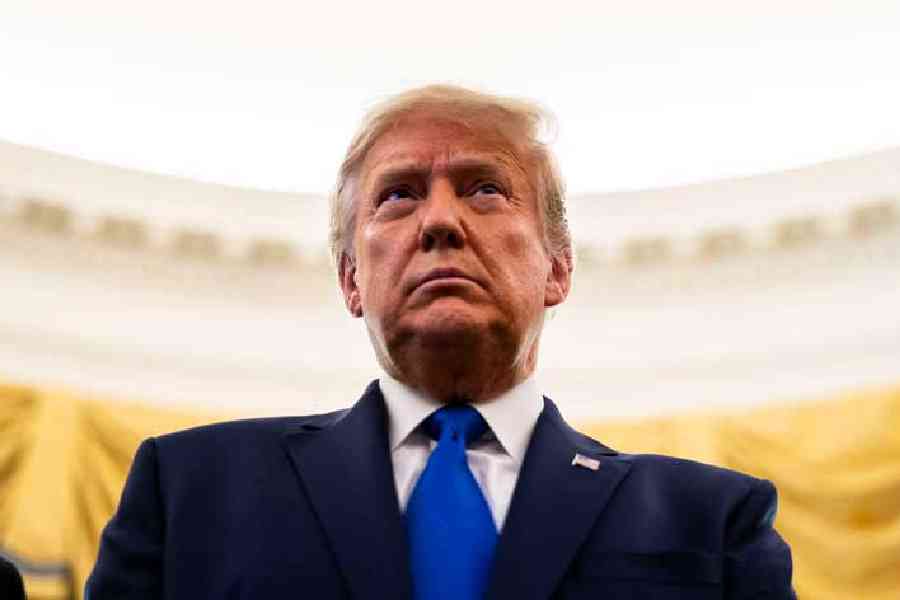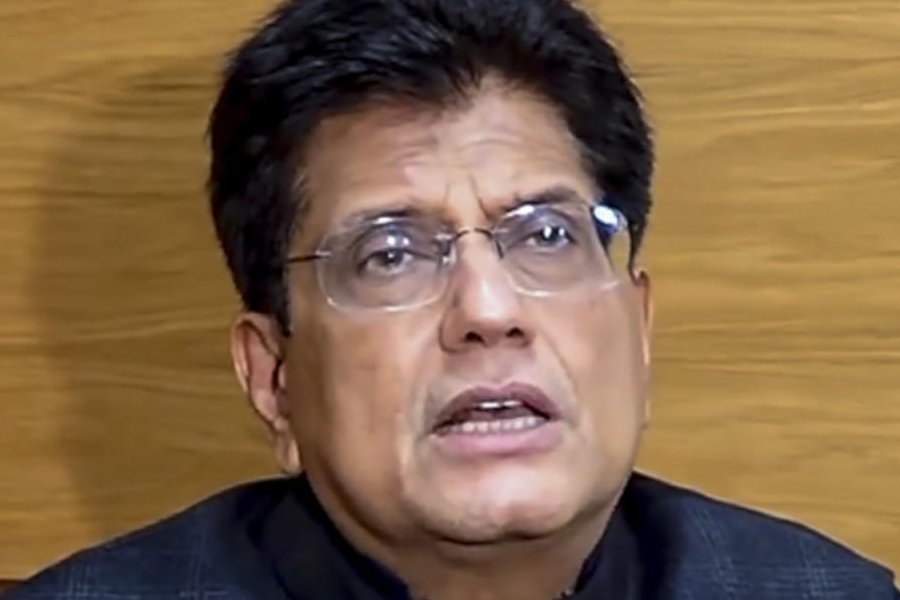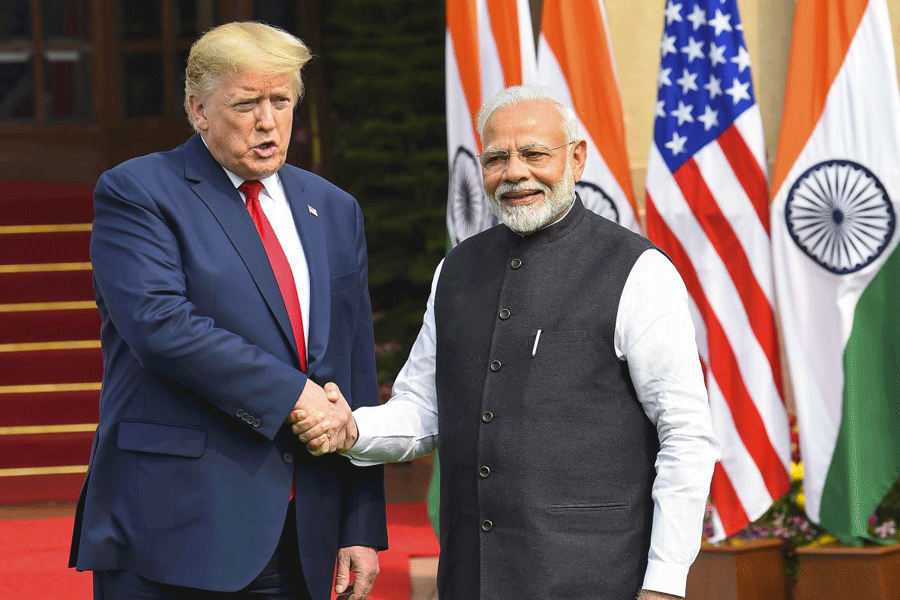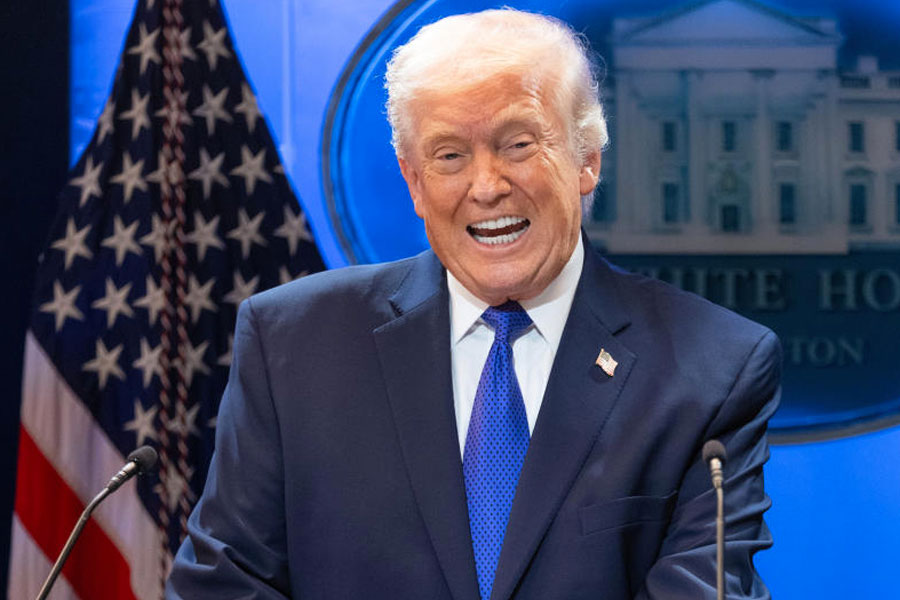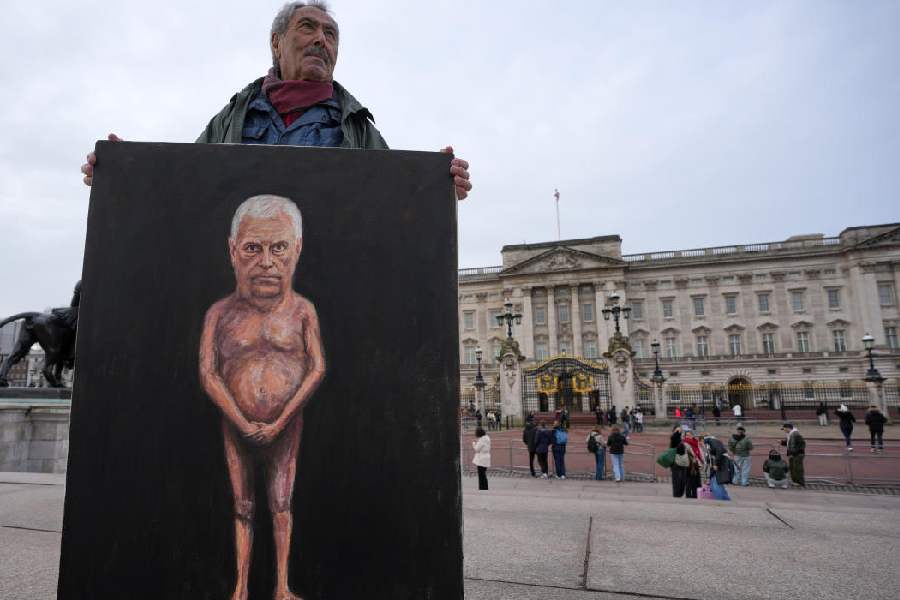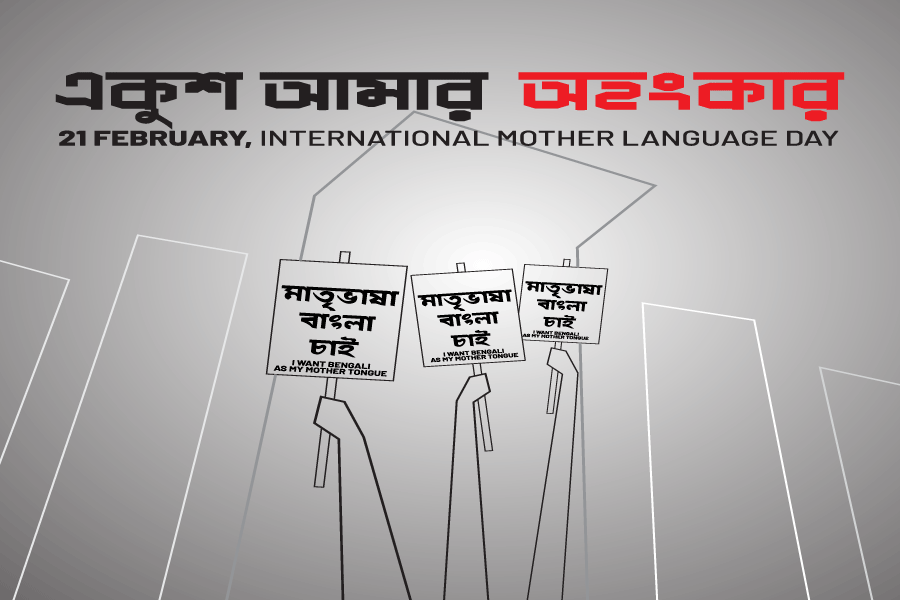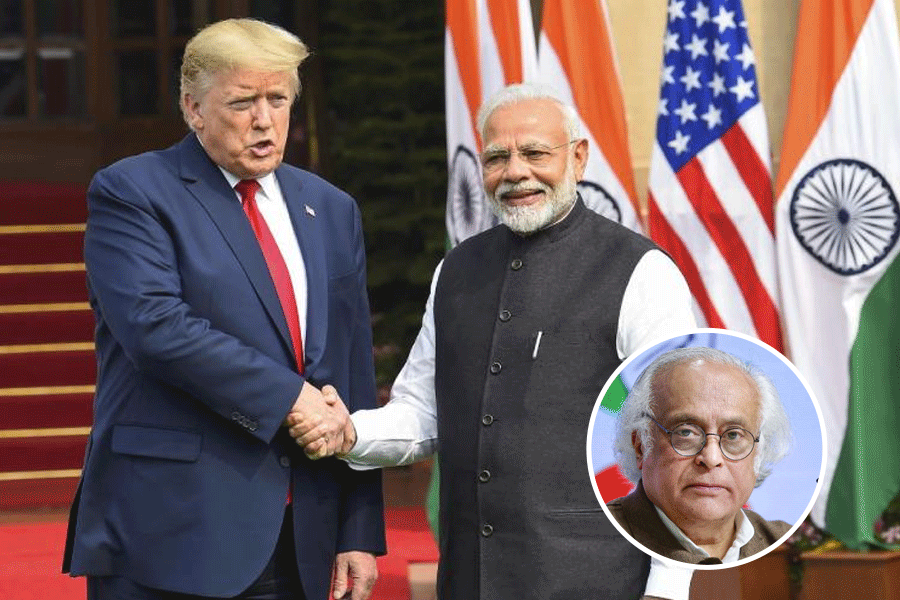Donald Trump is asking the judge in his New York hush money criminal case to delay his sentencing until after the November presidential election.
In a letter made public Thursday, a lawyer for the former president and current Republican nominee suggested that sentencing Trump as scheduled on Sept 18 — about seven weeks before Election Day — would amount to election interference.
Trump lawyer Todd Blanche wrote that a delay would also allow Trump time to weigh next steps after the trial judge, Juan M Merchan, is expected to rule Sept 16 on the defence's request to overturn the verdict and dismiss the case because of the US Supreme Court's July presidential immunity ruling.
“There is no basis for continuing to rush,” Blanche wrote.
Blanche sent the letter to Merchan on Wednesday after the judge rejected the defence's latest request that he step aside from the case.
In the letter, Blanche reiterated the defence argument that the judge has a conflict of interest because his daughter works as a Democratic political consultant, including for Kamala Harris when she sought the 2020 presidential nomination. Harris is now running against Trump.
By adjourning the sentencing until after that election, “the Court would reduce, even if not eliminate, issues regarding the integrity of any future proceedings,” Blanche wrote.
Election Day is Nov 5, but many states allow voters to cast ballots early, with some set to start the process just a few days before or after Trump's scheduled Sept 18 sentencing date.
Merchan, who has said he is confident in his ability to remain fair and impartial, did not immediately rule on the delay request.
The Manhattan district attorney's office, which prosecuted Trump's case, declined to comment.
Trump was convicted in May of falsifying his business' records to conceal a 2016 deal to pay off porn actor Stormy Daniels to stay quiet about her alleged 2006 sexual encounter with him. Prosecutors cast the payout as part of a Trump-driven effort to keep voters from hearing salacious stories about him during his first campaign.
Trump says all the stories were false, the business records were not and the case was a political maneuver meant to damage his current campaign. Manhattan District Attorney Alvin Bragg is a Democrat.
Trump's defence argued that the payments were indeed for legal work and so were correctly categorised.
Falsifying business records is punishable by up to four years behind bars. Other potential sentences include probation, a fine or a conditional discharge which would require Trump to stay out of trouble to avoid additional punishment. Trump is the first ex-president convicted of a crime.
Trump has pledged to appeal, but that cannot happen until he is sentenced.
In a previous letter, Merchan set Sept 18 for “the imposition of sentence or other proceedings as appropriate”.
Blanche argued in his letter seeking a delay that the quick turnaround from the scheduled immunity ruling on Sept 16 to sentencing two days later is unfair to Trump.
To prepare for sentencing, Blanche argued, prosecutors will be submitting their punishment recommendation while Merchan is still weighing whether to dismiss the case on immunity grounds. If Merchan rules against Trump on the dismissal request, he will need “adequate time to assess and pursue state and federal appellate options,” Blanche said.
The Supreme Court's immunity decision reins in prosecutions of ex-presidents for official acts and restricts prosecutors in pointing to official acts as evidence that a president's unofficial actions were illegal. Trump's lawyers argue that in light of the ruling, jurors in the hush money case should not have heard such evidence as former White House staffers describing how the then-president reacted to news coverage of the Daniels deal.

